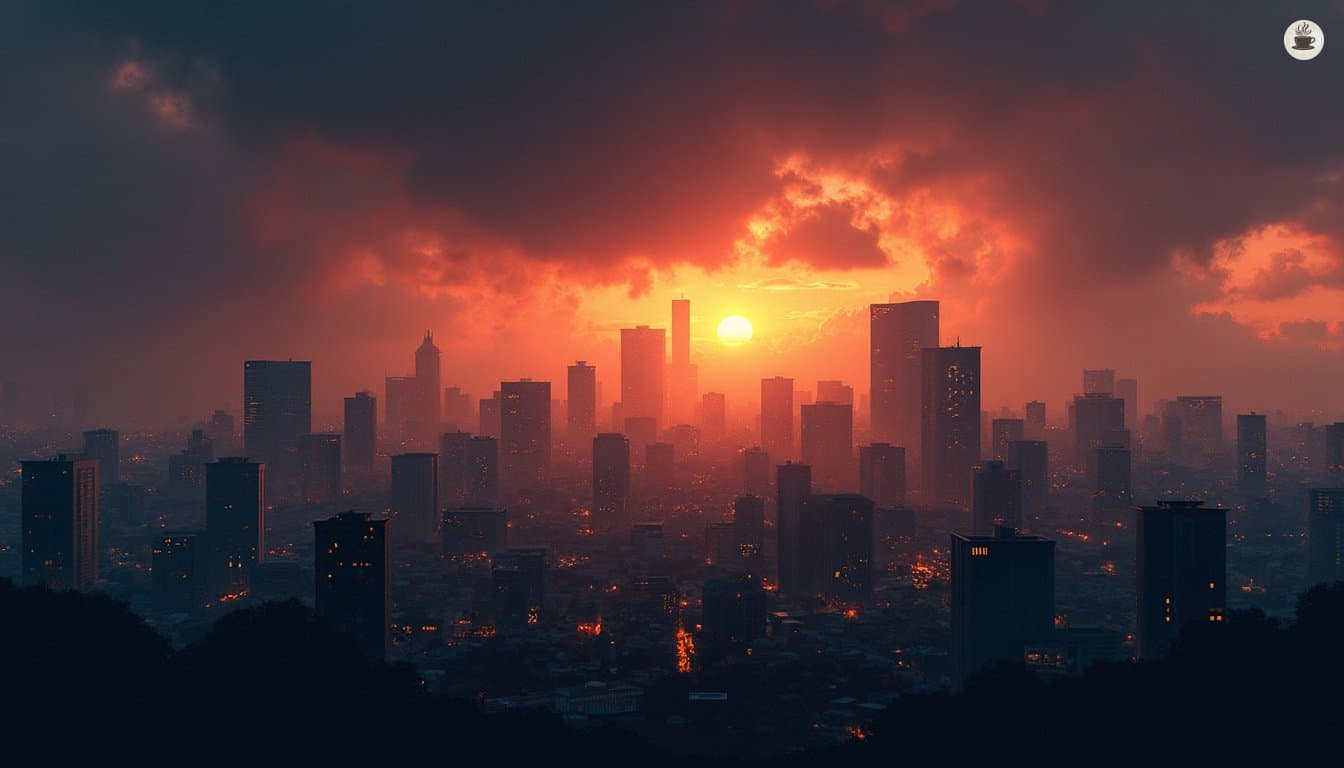
Political Crisis Deepens in Lagos State Assembly as Indigenous Rights Groups Challenge Leadership
Indigenes seek their birthright
Power shifts anew
LAGOS, Nigeria - A significant political crisis has emerged in Nigeria's economic capital as indigenous rights groups challenge the current power structure in the Lagos State House of Assembly.
On February 25, 2025, the De Renaissance Patriots Foundation published an advertorial in The PUNCH newspaper highlighting what they describe as systematic marginalization of Lagos State indigenes in political leadership [1]. The group, led by Major General Tajudeen Olanrewaju (rtd.) and Yomi Tokosi, specifically criticized the recent handling of the Lagos House of Assembly crisis.
At the center of the controversy is former Speaker Mudashiru Obasa's removal and President Bola Tinubu's response to the situation. The foundation particularly objected to Tinubu's appointment of two non-Lagos indigenes - Bisi Akande and Segun Osoba - as mediators in the assembly crisis [2].
Historical context shows this conflict has deep roots in Lagos's indigenous-settler dynamics dating back to the 15th century. Records indicate that since 1999, only one Lagos indigenous person (Raji Fashola) has served as governor, while others, including Tinubu, Ambode, and current governor Sanwo-Olu, are considered non-indigenous [3].
The 2023 election marked a significant shift in Lagos politics, with opposition party Labour Party securing 582,454 votes compared to the ruling APC's 572,606 votes, indicating growing resistance to the established political order [4].